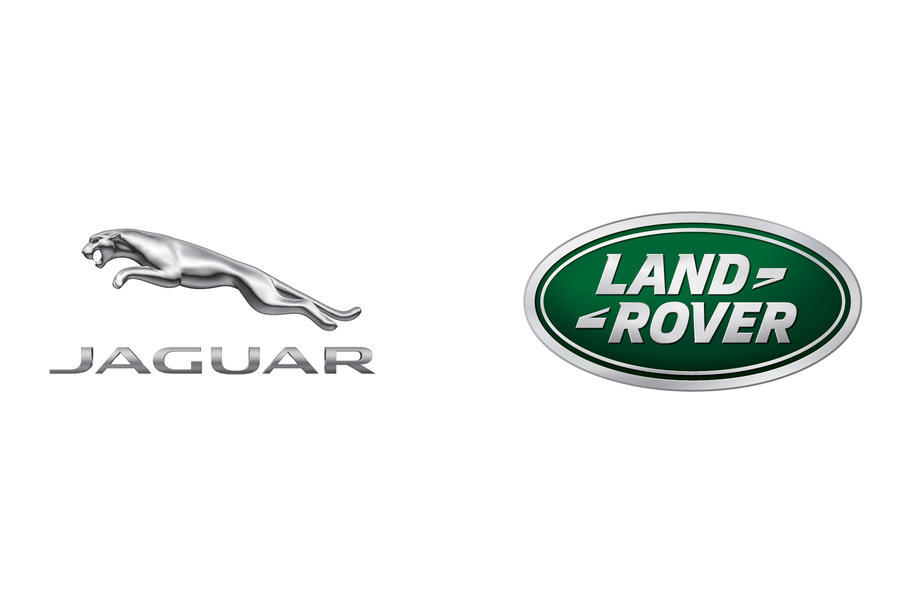Jaguar Land Rover will recall more than 44,000 cars after regulators found that they may emit “excessive” levels of CO2 emission.
The recall will apply to 10 Jaguar and Land Rover models fitted with either a 2.0-litre petrol or 2.0-litre diesel engine, and which emit more CO2 than their initial certification.
It affects certain versions of the Jaguar E-Pace, F-Pace, F-Type, XE and XF, and the Land Rover Discovery, Discovery Sport, Range Sport Sport, Evoque and Velar. The vehicles were made between 2016 and 2019, and Jaguar Land Rover is contacting owners whose cars are affected.
The issue was discovered by Jaguar Land Rover during routine testing, who reported it to the UK Vehicle Certification Agency and the Driver and Vehicle Standards Agency, which handles recalls. An alert was then issued via the European Commission’s rapid alert system.
The EU recall note says that the vehicles affected “may emit excessive levels of CO2 and may not conform with the certified condition”.
In a statement, Jaguar Land Rover said: “Affected vehicles are being rectified to ensure the correct CO2 performance is dependably achieved. The modifications made to affected vehicles will be made free of charge and every effort will be made to minimise inconvenience to the customer during the short time required for the work to be carried out.”
Read more
BMW recalls 268,000 cars in the UK over fire risk
New WLTP emissions tests explained









Join the debate
Add your comment
They were already dealing
They were already dealing with serious emissions-related service interval problems on transverse 2.0L Ingenium diesel Evoque, Disco Sport and E-Pace models. Without the assistance of a diesel cheat device to help meet EU6 NOx levels those cars' engines have to be operated at too low a temperature for passive HC and PM regeneration to work. They boast of being the good guys re NOx emissions and that's possibly true. But the cost of that claim is comic book levels of oil dilution resulting in average service intervals of 7,000 miles and a goodwill oil service campaign tbat has used more than a million gallons of 0W-30 and 200,000 oil filters. Finally, after dicking people around for 3 years with promises of a fix, they recently gave up trying to lower the rate of diesel dilution and are now in the process of quietly slipping in a software "upgrade" that just raises the diesel dilution limit from 6% to 10% (N289). The excessive CO2 is just one more consequence of running these cars in test mode 24/7 but JLR wouldn't have said a word if it hadn't be spotted by the regulator first.. As for the petrols? No major CO2 emissions changes were involved in moving from EU5 to EU6 and car makers have been making petrol cats for nigh on 20 years. So why should they suddenly get it wrong? Like most information that JLR issues, it might be wise to assume that this is coming at us through some thick smoke and mirrors.
A software update... so a loss of power then.
You do realise ingenium engines utilise electronic fuel injection right....
The "software update" will be a calibration change to detune your engine - this is CO2, that's amount of fuel burnt.
This Mazda scale not VW scale
This Mazda scale not VW scale.
I personally think JLR should sue VW for knowingly misselling cars that could have led to a JLR sale. The key word being knowingly!
@ TStag
....oh please!....what planet are you actually on?